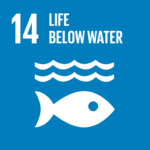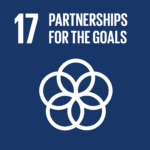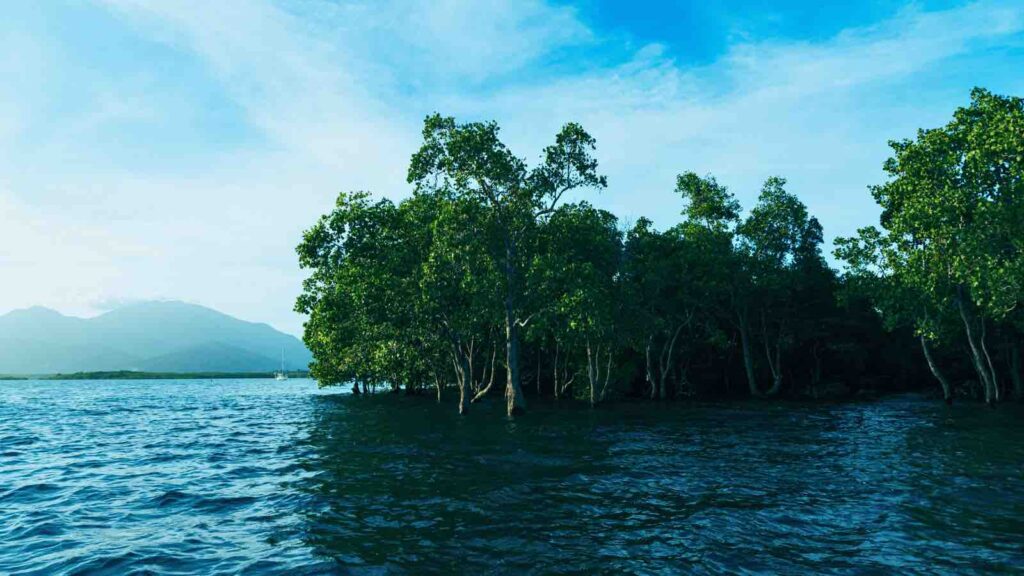Spearheaded by Norway-based Katapult Ocean, one of the world’s leading ocean impact venture firms, the fund marks a strategic pivot to Southeast Asia amid growing urgency for sustainable ocean innovation.
Nice, France – As the third UN Ocean Conference draws to a close, Singapore has emerged as a key player in the global blue economy with the announcement of a US$50 million (S$64.1 million) fund dedicated to ocean health start-ups in Asia. Spearheaded by Norway-based Katapult Ocean, one of the world’s leading ocean impact venture firms, the fund marks a strategic pivot to Southeast Asia amid growing urgency for sustainable ocean innovation.
“We wanted to be in Asia – closer to funders, closer to issues we need to tackle,” said Maureen Bresil, associate director at Katapult Ocean, during the conference in Nice. “Singapore provides access to capital and is uniquely positioned at the heart of the regional ocean economy.”
RELEVANT SUSTAINABLE GOALS



Tackling the Epicenter of Marine Challenges
Asia is home to 75% of the world’s fisheries and aquaculture production, yet five of its countries — China, Indonesia, the Philippines, Thailand, and Vietnam — are also responsible for up to 60% of plastic waste leaking into the ocean. From plastic pollution to unsustainable fishing, the region sits at a critical crossroads. The Ocean Asia Fund aims to redirect capital toward high-impact solutions such as sustainable aquaculture, marine pollution prevention, eco-tourism, and decarbonization.
Singapore-based Thomas Knudsen of Rumah Group noted: “There are no ocean-focused funds based in Singapore until now. Having a global leader like Katapult here provides an essential signal to the market.”
Catalyzing a Regional Blue Economy Ecosystem
The launch of the Ocean Asia Fund comes amid a surge of blue economy initiatives across the region. ASEAN is preparing to roll out a 2026-2030 implementation plan focused on sustainable maritime transport, coastal community resilience, and inclusive ocean-based growth. Foreign Minister Vivian Balakrishnan, speaking on behalf of ASEAN, emphasized the region’s reliance on ocean resources and the need for sustainable stewardship.
“Our countries depend on these very waters for trade, livelihood, and life itself,” he said, affirming the bloc’s commitment to a sustainable ocean-based future.
From Monaco to Manila: Finance Finds the Sea
The momentum behind ocean investment isn’t limited to Katapult. The Blue Economy and Finance Forum in Monaco earlier this month drew over 2,000 delegates from major banks, funds, and institutions seeking to unlock the economic promise of healthy oceans. Katapult’s decision to anchor its new fund in Singapore aligns with this trend, offering Asian start-ups global exposure and capital access.
Circulate Capital, a Singapore-founded private equity firm, has also emerged as a key regional player, investing in circular economy solutions to curb marine plastic pollution. Founder and CEO Rob Kaplan noted that while opportunities abound, capital remains scarce.
“The blue economy is under-invested, especially in Southeast Asia,” Kaplan said. “There are start-ups with real impact potential that fall outside our scope. Katapult’s entry helps close that funding gap.”
Asia Rising in the Ocean Economy
Circulate Capital’s success illustrates the business case for recycling: by building a profitable market for collected, sorted, and reused plastics, it turns waste into value. Multinational companies are already eager for recycled inputs but lack access to consistent supply chains.
“We found great SMEs with technical capability but no outside capital to scale,” said Kaplan. “Our strategy is to professionalize and expand them, diverting waste from the ocean and into global packaging chains.”
With Katapult Ocean anchoring its new US$50 million fund in Singapore, momentum is building across Asia to transform ocean health from an environmental crisis into an investment opportunity. As policy aligns with private sector leadership and blue capital flows increase, Southeast Asia could become the epicenter of global ocean innovation.
“The path forward,” said Kaplan, “is to unlock billions more. This is just the beginning.”




